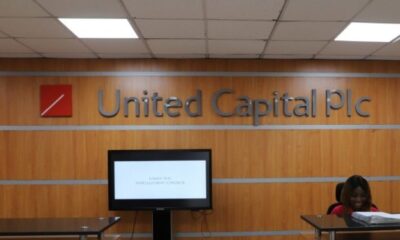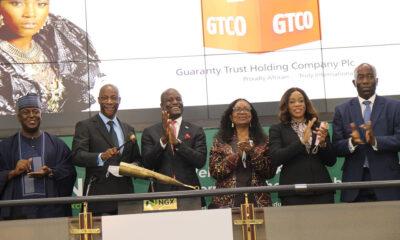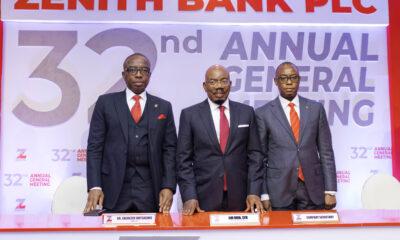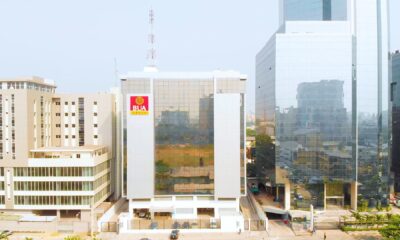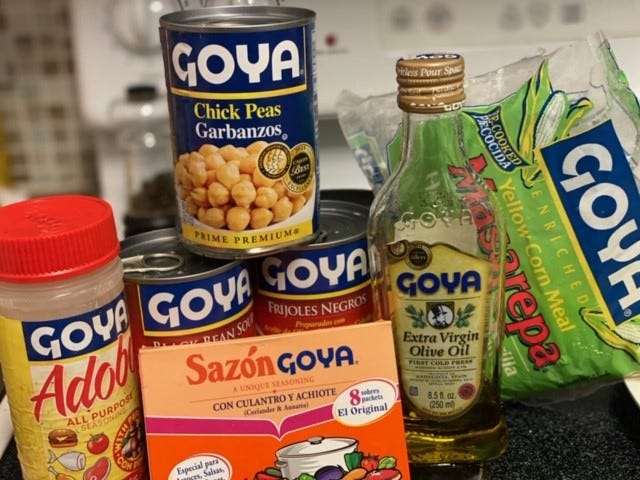C and I Leasing, a Nigerian maritime company, reported a 129 percent decline in profit after tax for the period ended December 31, 2021, despite slashing personnel expenses.
The company gross earnings fell 5.5 percent from N21.275 billion recorded in the 2020 financial year to N19.883 billion in 2021. Income from lease rental also dipped by 9.1 percent to N16.222 billion. Net lease rental income stood at N8.255 billion in 2021, a decline of 14.3 percent from N9.634 billion filed in the corresponding period of 2020.
The firm disclosed this in its unaudited financial statement released via the Nigerian Exchange Limited and obtained by Investors King.
Net income from outsourcing also dropped to N1.273 billion in the year under review from N1.602 billion in 2020. Depreciation expense rose to N4.291 billion while personnel expenses inched lower by 6.1 percent to N1.289 billion.
C and I Leasing managed to reduce operating expenses by 36.75 percent from N1.716 billion to N1.085 billion. This significant decline helped bolstered profit before tax by 2.1 percent to N484.9 million in 2021. See other key highlights below.
C and I Leasing Key Financial Highlights for 2021:
▪ Total assets of N58.13 billion, up by 3.74% year-to-date (December 2020: N56.1 billion)
▪ Finance cost of N4.6 billion, declined by 15.1% year-on-year (12M 2020: N5.4 billion)
▪ Shareholders’ funds of N13.77 billion, up by 3.3% year-to-date (December 2020: N13.34 billion)
▪ Capital adequacy ratio of 21% (CBN requirement: 12.5%)
Commenting on the company’s performance, Ugoji Lenin Ugoji, the new Chief Executive Officer/MD, of the company, said “On the Economic Outlook for Q1 2022 and roundup for four quarters of 2021, with only about 2.5% of Nigerians and 10.1% of Ghanaians fully vaccinated COVID-19’s pandemic rippling effects are still being felt by both economies and by extension in most businesses where we have our operations domiciled. We saw a dull demand for some products coupled with rising cost of goods.
“This affected the cash flows of a lot of businesses. However, GDP growth rates of Nigeria and Ghana are expected to be at 2.7% and 6.17% respectively for 2022 and we envisage an increase in demand for products as both economies continue to open and an increased recovery of oil demand”.
“Furthermore, inflationary pressures as well as exchange rate fluctuations have been issues the company continues to deal with. However, measures are in place to ensure we hedge against such uncertainties and an increased focus is now being given non-asset-based revenue options to create a counterbalance for low asset utilization caused by shrinking demand for the assets. Despite the challenges, we have remained focused on cost optimization, business process improvement initiatives and ensuring efficiency in the management of our sales performance.
“We are also actively working on digitizing our value offerings across the Fleet Management, Outsourcing and Marine businesses with increased attention on our emerging E-Business platforms. As you may be aware, people empower technology, technology empowers innovation, the business landscape changes, and this cycle continues, yielding positive results in the long run”.
“We remain resilient; with increased vaccine rollouts, we are hopeful there will be a consistent economic recovery though fault lines such as renewed waves and new variants of the virus pose concerns for the outlook. Amid exceptional uncertainty, the global economy is projected to grow by 4.4% in 2022, specifically the economy of Sub-Saharan Africa is projected to grow by 3.7% in 2022 but we are confident that our business is fundamentally strong to withstand any future challenge towards enhanced performance”.
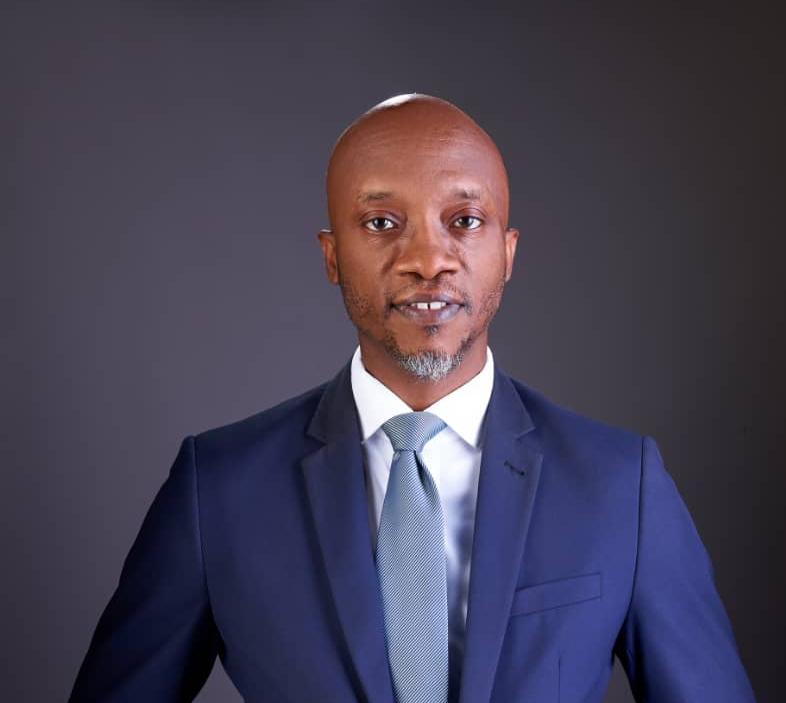

 Billionaire Watch3 weeks ago
Billionaire Watch3 weeks ago
 Startups4 weeks ago
Startups4 weeks ago
 News4 weeks ago
News4 weeks ago
 News4 weeks ago
News4 weeks ago
 Bitcoin4 weeks ago
Bitcoin4 weeks ago
 Naira4 weeks ago
Naira4 weeks ago
 Forex3 weeks ago
Forex3 weeks ago
 Treasury Bills4 weeks ago
Treasury Bills4 weeks ago

